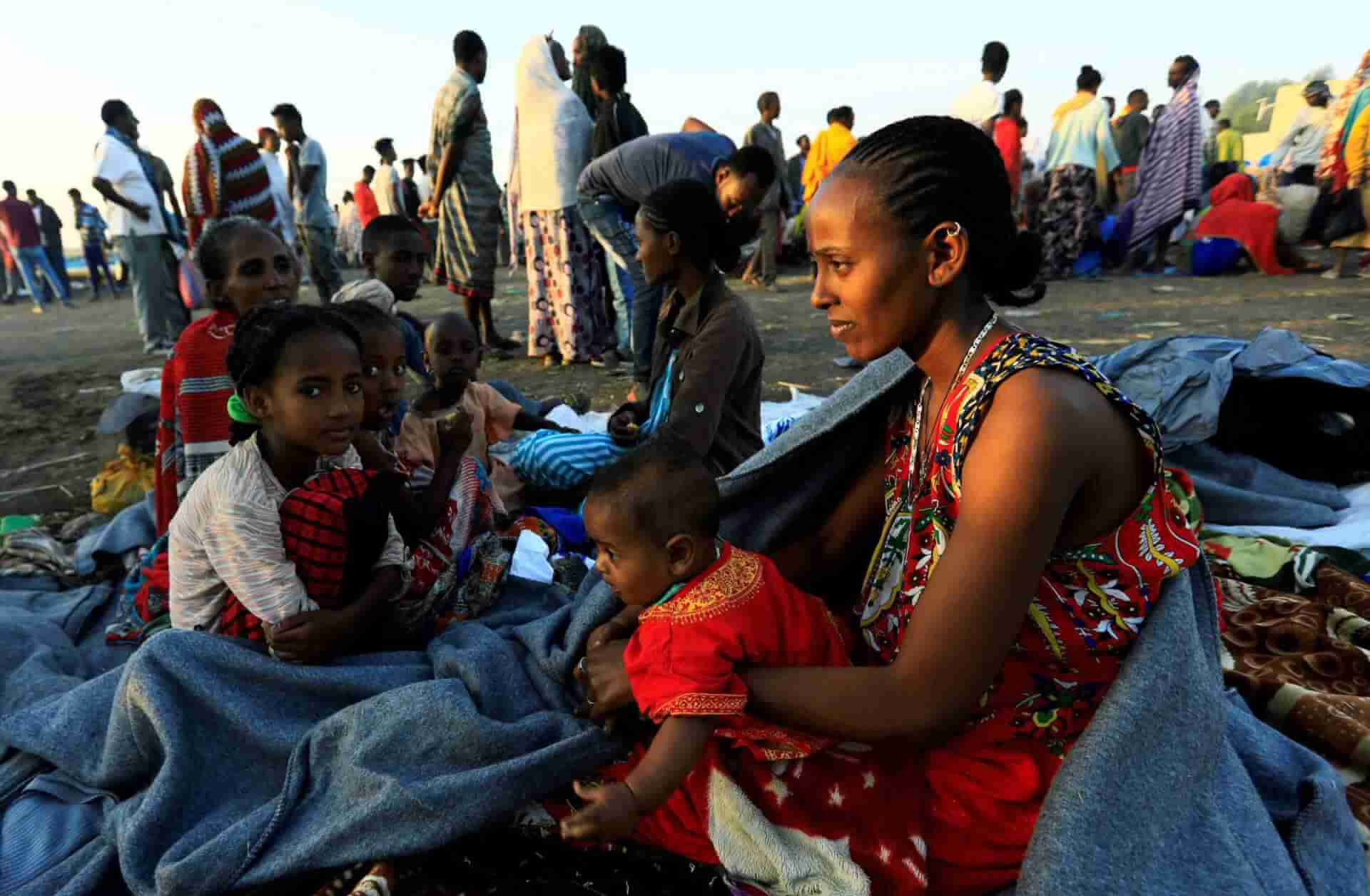New troubling reports are emerging from Ethiopia’s Tigray region, after it was reported that security forces had opened fire on a United Nations (UN) humanitarian assistance team. This comes just days after the government declared the war against Tigrayan forces ‘completed’ and granted humanitarian groups and organisations access to the region.
Government spokesperson Redwan Hussein, however, claimed that the UN team had “indulged themselves” in an “adventurous expedition”. He said, “They broke two checkpoints to drive hastily to areas where they were not supposed to go, that they were told not to go,” adding, “They were left alone when (and) they broke two checkpoints, and when they were about to break the third one, they were shot at and detained. Now, of course they are free.” He also warned, “This country isn't no man’s land. It has a government.”
UN spokesperson Stéphane Dujarric said that the UN convoy, staffed by four people, was “trying to kind of do an assessment of roads before […] a larger UN aid convoys go in”. This comes just a week after the UN reached an agreement with the Ethiopian government to gain “unconditional access for humanitarian assistance”.
Therefore, he said, “Are we getting unfettered, clear humanitarian access at this point? No. And that's why we’re still in discussions with the government to try to get to where we want to be.” He went on to say, “We do have a number of humanitarian workers that stayed behind. I think most of them, if not all of them, nationals, they're trying the best that they can. But clearly, we're not able at this very moment to get the aid that we want to get in.”
The UN has sent 32 tons of emergency aid to the country, including blankets, solar lamps, mosquito nets, tarpaulins, and rolls of plastic. However, the latest attack on a UN convoy suggests that the transport of food, medicine, and other forms of aid into the Tigray region is still being barred.
Even conservative estimates say that thousands have died and over 950,000 people have been displaced as a result of the weeks-long conflict. Moreover, although the Tigray People’s Liberation Front (TPLF) has withdrawn from the region’s capital, Mekelle, and despite the government signalling that the third and last phase of the military offensive has been completed, the fighting between government and Tigrayan forces continues. the TPLF’s leader, Debretsion Gebremichael, has vowed to keep fighting “as long as these invaders are on our land”. Gebremichael said that the Ethiopian PM is “trying to deceive the international community as if everything is finished”.
The current conflict first erupted on November 4, when PM Abiy launched a military offensive against the TPLF for allegedly attacking two military camps in the north and for more generally seeking to undermine democratic rule in the country. The TPLF, for its part, claims that it is merely fighting back against PM Ahmed’s moves towards constructing a unitary system of government to replace the current federal system.
Ultimately, the conflict has not only impacted Ethiopia, but also neighboring countries. Over 50,000 Ethiopians have already crossed into Sudan. It is estimated that a minimum of 160,000 people could migrate from Ethiopia over the next six months.
Alongside the Tigrayans, the government is also yet to indulge in conflict resolution with the nation’s Oromo community. In July, violent and intense protests erupted after Oromo singer and activist Hachalu Hundessa was murdered by armed assailants. The protests that followed his deaths resulted in the deaths of over 100 people. Furthermore, around 10,000 people were arrested in the Oromia regional state, with many of the leadership and party members of the Oromo Federalist Congress (OFC) among those arrested. Many of them remain in jail or have had their movements severely restricted.
Given this backdrop, the OFC released a statement saying, “The statement the party released today read: "As the OFC has repeatedly expressed in the past, it finds it extremely difficult to take part in the election when the majority of its members from federal to Kebelle (small districts) level who are competing, coordinating, and observing elections are imprisoned, and majority of its offices, except for its headquarters, are closed.”
UN Humanitarian Convoy Attacked by Ethiopian Forces Despite Being Granted Access to Tigray
The UN has sent 32 tons of emergency aid to Ethiopia, including blankets, solar lamps, mosquito nets, tarpaulins, and rolls of plastic. However, its teams have been barred from entering Tigray.
December 10, 2020

IMAGE SOURCE: MOHAMED NURELDIN ABDALLAH / CNS / REUTERSThe current conflict first erupted on November 4, when PM Abiy launched a military offensive against the TPLF for allegedly attacking two military camps in the north and for more generally seeking to undermine democratic rule in the country.
